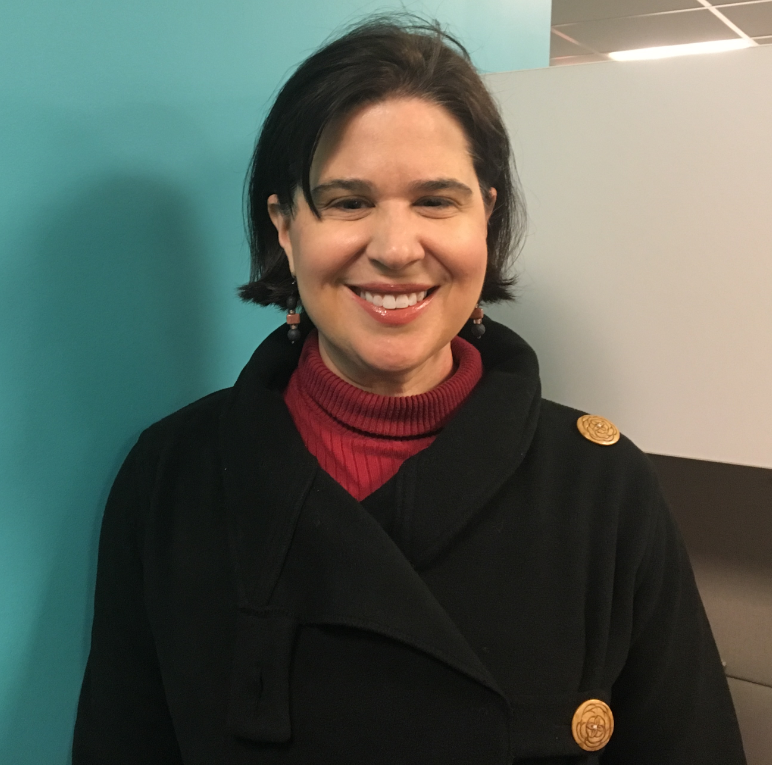by Jana Vinsky, MSW, RSW, Social Worker, Psychotherapist
Trauma informed practice has become popular within the social services and has recently entered Ontario child welfare. At One Vision One Voice (OVOV), we think trauma informed practice can be helpful in moving us away from a pathologizing, over- medicalizing and blaming lens upon people’s behavior; by asking what happened to them, rather than what’s wrong with them? However, we also believe further consideration and analysis is required when using trauma informed practice with African Canadian children, youth, families and communities.
We have heard from frontline practitioners that trauma informed practice is being used against African Canadian families, with the belief that these families have been traumatized by racism, and are therefore at higher risk for abusing their children.
The assumption that African Canadian people are simply damaged by oppression is a racist idea. In this way we need to be careful of how we engage with trauma informed practice. We do not want to reproduce narratives of deficiency pertaining to the African Canadian community.
One way we can counter this slippery slope of anti-Black racism, is to discuss trauma and resilience, and collective resistance, simultaneously. We don’t want to assume someone is traumatized based on any identity. We also don’t want to assume someone who experiences oppression is necessarily responding with trauma, and we don’t want to assume that trauma necessarily leads to violence.
When we consider the collective resistance of the African Canadian community, alongside anti-Black racism, we are able to see a simultaneous strength and resilience in the face of oppression over hundreds of years. Centering narratives of collective resistance can give us a clearer perspective when engaging with trauma informed practice.
On November 2nd, myself and Kike Ojo, Project Manager of One Vision One Voice (OVOV), did a presentation at the Ontario Association of Social Workers conference called, “Race Based Trauma: Understanding the Impact of Anti-Black Racism to Inform our Everyday Social Work Practice.”
The focus of the presentation was to enhance the lens of trauma informed practice when working with African Canadians. We wanted to further the question of what happened to them, to include what’s happening to them, and how might we as social workers be contributing?
Racism is often thought of as something that bad people do intentionally (see DiAngelo). Racism is also commonly seen through a lens of discrimination. From a trauma informed perspective, a trauma reaction to a singular event of racism would be understood as acute trauma, in that it is from a single overwhelming experience. Race based trauma is often understood as event based, and therefore acute in the trauma response.
If we understand racism as also systemic, we would then move to include an understanding of a trauma response in reaction to an overwhelming experience that is contextual and continuous, and therefore chronic. In this way we can understand “systemic trauma” as important to our trauma informed perspective. For more understanding of how racism is contextually continuous and its possible impact, see Ken Hardy’s work.
If we understand racism as chronic and contextually continuous, then our own social work practice must become part of our analysis, as possibly traumatic. If racist contexts, of which our system is part of, can produce trauma, how then do we ensure our interventions don’t mirror such contexts?
Aunties and Uncles is a programme we at OVOV developed that stands up to racism in its design. It includes protective factors that can augment resilience to race based trauma. Not only do we want to be responsive to race based trauma, we want to prevent it in the work we do.
Aunties and Uncles is part of a larger OVOV Service Delivery Model to address disproportionality and the disparities of service for African Canadians within child welfare. This program will be offered to all African Canadians in contact with the Ontario Child Welfare System.
Aunties and Uncles is a socio-culturally responsive program, recognizing kinship wraparound as a form of collective resistance in the African Canadian community. Aunties and Uncles will include members from the African Canadian community to provide day respite, support, and the transmission of knowledge, wisdom, connection, and validation; to support cultural attachment, cultural capitol, racial survival skills, and positive identity development for African Canadians.
The role of the Aunties and Uncles is to provide 5 main elements:
- Identity affirmation (knowledge, wisdom, connection, validation and experiences)
- Forever connections (with African Canadian individuals and community)
- Cultural needs met (i.e. hair care, cooking, and other culturally specific life skills)
- Racial survival skills development (validation of experience, thoughts and feelings; transmission of survival wisdom and strategies)
- Advocate (participate in wraparound and act as a systems translator, navigator and advocate)
We believe these practices will facilitate protective factors that can prevent race based trauma, enhance well-being and keep African Canadian children and youth in their communities.
By recognizing the contextual and continuous anti-Black racism that African Canadian people endure, our work can be informed to prevent race based trauma.
